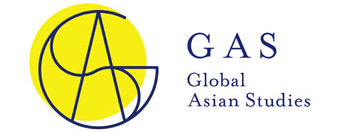Summer Program
【NOTIFICATION】
The University of Tokyo
Global Japan Studies Summer Program 2022 will not be held.
********************************************************************
【CANCELLATION】
The University of Tokyo
Global Japan Studies Summer Program 2021 (In-Person)
CHANGING CONNECTIONS BETWEEN JAPAN AND ASIA
July 5-15, 2021
In consideration of the current pandemic situation which shows no sign of subsiding, we have decided to cancel the 2021 GJS summer program. It was originally scheduled for July 5-15, 2021 but it will no longer take place. We thank everyone who is interested in the program and in particular thank those who have submitted applications. It is our hope that we can reopen the program in 2022. (April 13, 2021)
If you are considering to apply to the GJS summer program, please make sure you have read and understood the information of Japanese visa restrictions and quarantine requirement on the website of the Ministry of Foreign Affairs of Japan (https://www.mofa.go.jp/ca/fna/page4e_001053.html). The information on the MFA website is constantly updated, so check back regularly to find the latest information.
At the same time, please also ensure that you know about the restrictions and quarantine measures of your country.
It may take more than 10 days to attend the 10-day summer program. Take into account the time needed to satisfy quarantine requirement in Japan as well as possible delay caused by tests and preparation of documents.
About the Program
Description:The Global Japan Studies summer program of 2021 focuses on introducing Japan’s changing connections with Asia.
The summer program is planned as in-person, not online. We will cancel the program if needed but will not shift to online.
Participants will be immersed in a ten-day intensive program of 1), interdisciplinary academic lectures (in humanities, social sciences, and engineering), 2), carefully planned fieldtrips in Tokyo and surrounding areas, and 3), Japanese language lessons tailored to individual participant’s needs. Through a well-designed combination of on- and off-campus study, the program challenges participants to critically analyze a variety of sociocultural and political issues, such as migration, poverty, and historical memory, that shape Japan-Asian relationships. These issues are key for understanding both Japan and other Asian countries with which Japan is closely connected.
Objectives:
By the end of the program, participants will have
- gained a more nuanced understanding of Japan’s relationships with Asian countries;
- learned analytical skills with which to analyze social phenomena in Japan and Asia;
- improved their Japanese language as a result of Japanese lessons and intermingling with Japanese students from the University of Tokyo;
- improved their intercultural communication skills as a result of collaboration in research projects and presentations with fellow students from different countries of the world;
- perhaps most important of all, you will have made a lot of friends from all over the world who will share your memory of early summer 2020 in Tokyo!
Number of Participants: About 25 in total (including 3-5 undergraduate students from the University of Tokyo).
Eligibility and Language Requirements: Undergraduate students in all academic majors and currently enrolled in a university or college in any country, and whose GPA at the moment of application is 2.3 or above on a 3 point scale, are eligible to apply.
The summer program does NOT require submission of proof of English language proficiency such as TOEFL or TOIEC scores, but participants must have sufficient English proficiency to attend lectures and field trips in English and give presentations in English.
This program does NOT require Japanese language proficiency and Japanese language lessons are offered by the program. Knowledge of Japanese, however, will be helpful for your participation in the program.
Course Credits: This summer program constitutes two course credits of the University of Tokyo.
Program Requirements:- Participants are required to conduct group research projects and give presentations on the final day of the program. Project topics shall be decided in consultation with program faculty members.
- Participants will also be required to complete a program evaluation paper. Besides two course credits, participants will also receive a University of Tokyo summer program certificate upon successfully completing the program.
Japanese Language Lessons: Japanese lessons are offered by the program. Participants’ level of Japanese will be assessed and they will be placed into classes appropriate to their levels.
Program Fee: JPY 280,000 (inclusive of accommodation, health insurance, lunches and refreshments, exclusive of participants’ round-trip air fare and fieldtrip transportation expenses (bus and subway fares).
Detailed directions will be provided on how to make fee payment. Only online credit card payment is accepted.
Accomodation: We will book hotel for all international participants. International participants do not need make their own reservations.
Visa Application: It is the responsibility of applicants to apply for a visa to enter Japan. We will issue letter of acceptance or other documentation to assist your visa application. Not all countries need visa to enter Japan. Check with your university to find out if you need a visa. Visa application takes time. Please start your application as soon as possible.
Health Insurance: International participants will be covered by health insurance during the program period. The insurance premium is included in above-mentioned program fee. No extra fee is required.
Financial Aid: Financial aid is not available for 2021. Participants are encouraged to seek funding opportunities at their own university.
Application
Required Application Materials:- one 3-page double-spaced essay in English outlining why you are interested in this program and what you want to learn from it;
- C.V. (indicate if you have learned Japanese and if so the level of proficiency: elementary, intermediate, proficient);
- your most updated and official transcripts issued by your university;
- passport copy;
- photo (unprocessed).
How to Apply: To apply, please send the above materials to gjs@ioc.u-tokyo.ac.jp. Please enter APPLICATION TO GJS SUMMER PROGRAM in the subject space of your email. All applications should be submitted through email. No paper submission is accepted.
Application Deadline: Given the Covid-19 pandemic, we have set the application deadline as close to the program as possible to avoid cancellation. Application deadline: April 30, 2021 (Fri.), 23:59 Japan Standard TimeWhat Happens after You Applied: The program committee will carefully evaluate the entire dossier of every application before making decision on admission. Acceptance decisions will be announced around May 7 to all applicants. We will make the final decision whether to cancel the program on May 24. If we decided to continue with the program, accepted participants are required to make credit card payment of the program fee (280,000 yen) to the University of Tokyo by May 30, 2021 (Sun.).
In case of cancellation of participation after payment, you will be refunded the amount of JPY 280,000 (exchange rate at the time of refunding will apply), but a cancellation fee may apply.
Program Schedule
Lecturers and Lecture TitlesKharel, Dipesh: Asian migrants in Japan
Koo, Yoojin: Conservative political movement in Contemporary Japan
Nakano, Yoshiko: Japan Airlines
Sahashi, Ryo: “Indo-pacific” in Japan’s foreign policy
Sonoda, Shigeto: Changing foodscape in post-war Japan
Zhong, Yijiang: Yasukuni Shrine
Fieldtrip schedule: (To Be Announced)
Program Lecturers
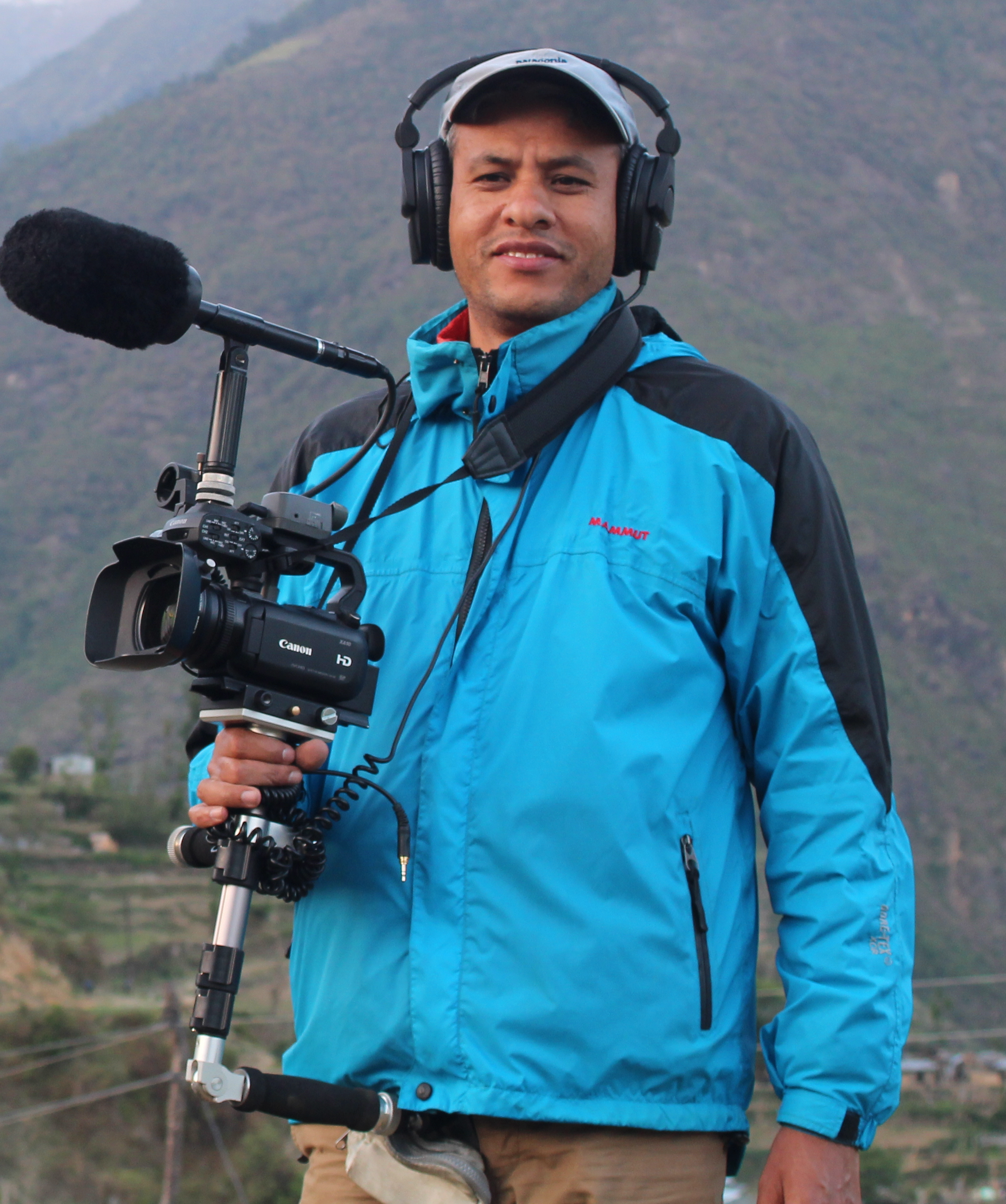
Dipesh KHAREL
(Visiting Researcher, Graduate School of Interdisciplinary Information Studies, the University of Tokyo)
Dipesh Kharel is a visual anthropologist and filmmaker. Currently, he is working as a researcher and lecturer at the Graduate School of Interdisciplinary Information Studies, the University of Tokyo. He teaches creative use of camera and audio recording as research tools for scientific research in cutting-edge topics and diverse disciplines, including Artificial Intelligence (AI). Kharel has received his Ph.D. degree from the University of Tokyo, and his Ph.D. dissertation has been honored with the Outstanding Thesis Award and the President Award. He has been researching immigrants in Japan for over a decade. His research fieldwork data have already resulted in manuscripts as well as several award-winning ethnographic documentary films, notably A Life with Slate (2006), Playing with Nan (2012), Tama Gaun (2015), Japani (2020). These films have already been presented at many international conferences, symposiums, universities, and more than 60 international film festivals worldwide and have received several prizes. Kharel has awarded with various research, ethnographic film, and project grants, remarkably the Japan Society for the Promotion of Science Grants, the University of Tokyo Asia Globalization Studies Grant (2012-2013), The Japan Foundation Grant (2012), Asian Documentary Network Grant, South Korea (2011), Goteborg International Film Grant, Sweden (2011), The Toyota Foundational International Grant 2017 and 2020, and Wenner-Gren Foundation Grant, USA 2018. His recent publication on immigrants in Japan has received David Plath Media Award from the American Anthropological Association (the award for the best research work on East Asia that contributes to empirical and theoretical debate). He also received a prize from Oxford University Press, 2016, for the most outstanding journal article. Currently, Kharel is researching new immigrants in Japan.
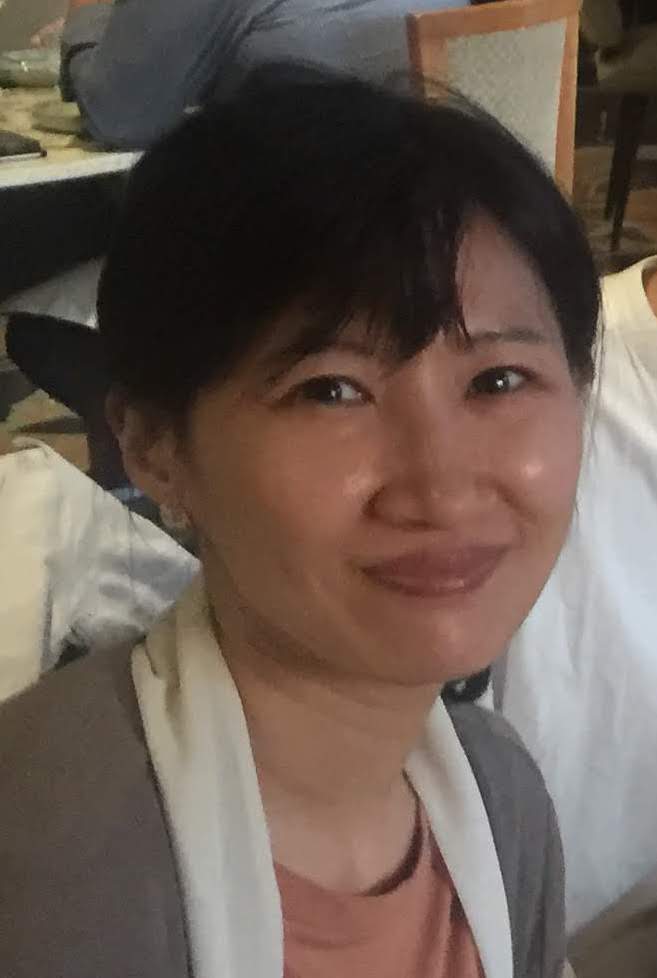
Yoojin KOO
(Project Assistant Professor of East Asian Academy for New Liberal Arts, the University of Tokyo)
Yoojin Koo is Project Assistant Professor of East Asian Academy for New Liberal Arts, at the University of Tokyo. She received her B.A. in International Studies and Political Science from Handong University, M.A. in Area Studies from Seoul National University, Korea, and obtained her Ph.D. in Liberal Arts (focusing on Japanese Politics and Political science) from the University of Tokyo (Komaba). Her research interests are in Japanese conservative (or right-wing) movements, what triggers these movements in a globalizing world, social origins of political right-wing, conservative civil society, political participation, social movements, state-society relations, etc. She has published articles, including "Deformation of Conservatism in Japanese Politics:The Emergence of “Conservative Civil Society” in the 1990s and Onward," The Memoirs of Institute for Advanced Studies on Asia (forthcoming), “A Configurative Approach to Conservative Mobilization in Japan: The Effect of Combining Political Opportunities and Threats,” Japanese Political Science Review, Vol. 5, 2020.
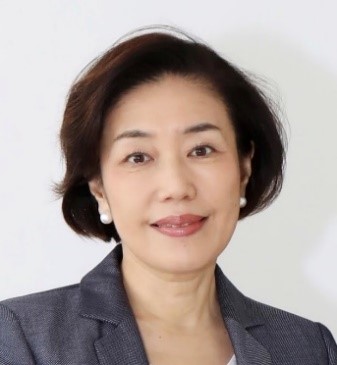
Yoshiko NAKANO
(Associate Professor of Japanese Studies, the University of Hong Kong & Visiting Fellow (2015, 2019), Institute for Advanced Studies on Asia, the University of Tokyo)
Professor Nakano grew up in Kawasaki, went to graduate school in Washington, D.C, and moved to Hong Kong in April 1997, three months before the territory's historic return to Chinese sovereignty. After joining the University of Hong Kong's Department of Japanese Studies in 2000, Professor Nakano began looking into the globalization of "Made in Japan" products. Using the rice cooker as an example of this process, she has examined how this electrical appliance was localized for the Chinese market, and how it has followed in the footsteps of Asian migrants and made its way around the world. The resulting book is Where There are Asians, There are Rice Cookers: How “National” Went Global via Hong Kong (Hong Kong University Press, 2009). Her most recent article entitled "Wings of the New Japan: Kamikaze, Kimonos, and Airline Branding in Postwar Japan" (2018) examines Japan Airline's advertising frontier in the 1950s, when a small domestic airline became Japan's national carrier and expanded into the international market.
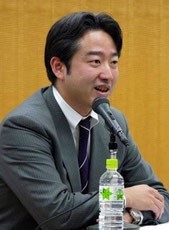
SAHASHI Ryo
(Associate Professor of International relations, Institute for Advanced Studies on Asia, the University of Tokyo)
Prof. Sahashi specializes in international politics and is currently focusing on East Asian security as well as Japanese security policy. His recent book is In a Search for Coexistence: the United States and Two Chinas during the Cold War (Tokyo: Keiso, 2015). He published numerous articles in Chinese, English and Japanese and is writing his next book on East Asia security order and architecture. He received his B.A. from International Christian University and his Ph.D. with honor from the Graduate Schools for Law and Politics at the University of Tokyo. He also studied at Department of Political Science, University of Illinois at Urbana-Champaign.
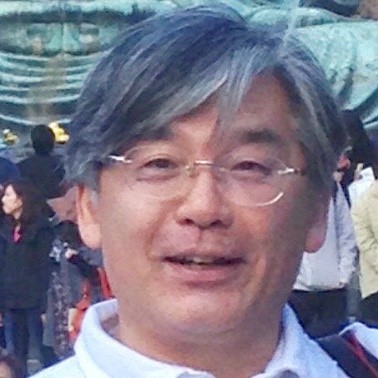
SONODA Shigeto
(Professor of Sociology, Institute for Advanced Studies on Asia, the University of Tokyo)
Prof. Shigeto Sonoda is professor of sociology and Asian studies at the University of Tokyo. Prof. Sonoda has taken initiatives in conducting researches including AsiaBarometer 2003-2008, Asia Student Survey 2008-2013, Tianjin Annual Survey 1997-2011. His special interest is in social stratification and globalization of cultures in Asia, and localization process of Japanese company in Asian countries. His latest publications include: Sino-Japan Relations, 1972-2012 IV. Private Sector, University of Tokyo Press (editor, 2014, in Japanese), Risk in East Asia, Keiso-shobo (editor, 2013, in Japanese), Sino-Japan Relations, 1972-2012 III. Society and Culture, University of Tokyo Press (editor, 2012, in Japanese), China Issues: How Experts See the Future of China, University of Tokyo Press (co-editor, 2012, in Japanese), Emerging Middle Classes in East Asia, Keisho-shobo (editor, 2012, in Japanese), Can Education Solve Social Inequality?, Iwanami Shoten Publishers (with Atsuko Shimbo, 2010, in Japanese), Social Inequality in Contemporary China, Chuo Koron (2008, in Japanese, awarded Special Prize of 20th Asia-Pacific Award), Where Chinese Society is Heading for?: Dialogue with Chinese Sociologists, Iwanami Shoten Publishers (editor, 2008, in Japanese).
Prof. Sonoda initiated a lot of research/academic activities, including “Frontier of Comparative Studies of Asian Studies” (2010-12 FY) and “Educational Program for Young Scholars on ‘Asia Globalization Studies'” (2009-2012 FY), both of which were financially supported by Japan Society for Promotion of Science. Prof. Sonoda is now one of the core members of new type of graduate education program “Integrated Human Studies for Cultural Diversity” in the University of Tokyo.
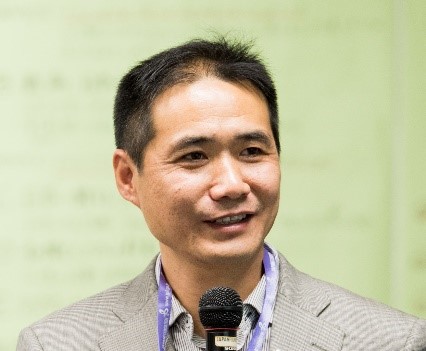
Yijiang ZHONG
(Associate professor of Japanese history and religion, Institute for Advanced Studies on Asia, the University of Tokyo)
Prof. Zhong's research fields include modern Japanese history, Japanese religions, nationalism, and Japanese empire. He is also guest associate professor at International Research Center for Japanese Studies (Nichibunken) in Kyoto. His first book, The Origin of Modern Shinto in Japan: The Vanquished Gods of Izumo (Bloomsbury Academic 2016), explores how Shinto both enabled and compromised the creation of the modern nation-state in Japan in the Meiji period (1868-1912). Prof. Zhong is currently looking at the history of the Sea of Japan in relation to modern capitalist development and overseas colonial expansions. Prof. Zhong is one of the main organizers of the GJS summer program.
For your information, the program of last year is shown below.
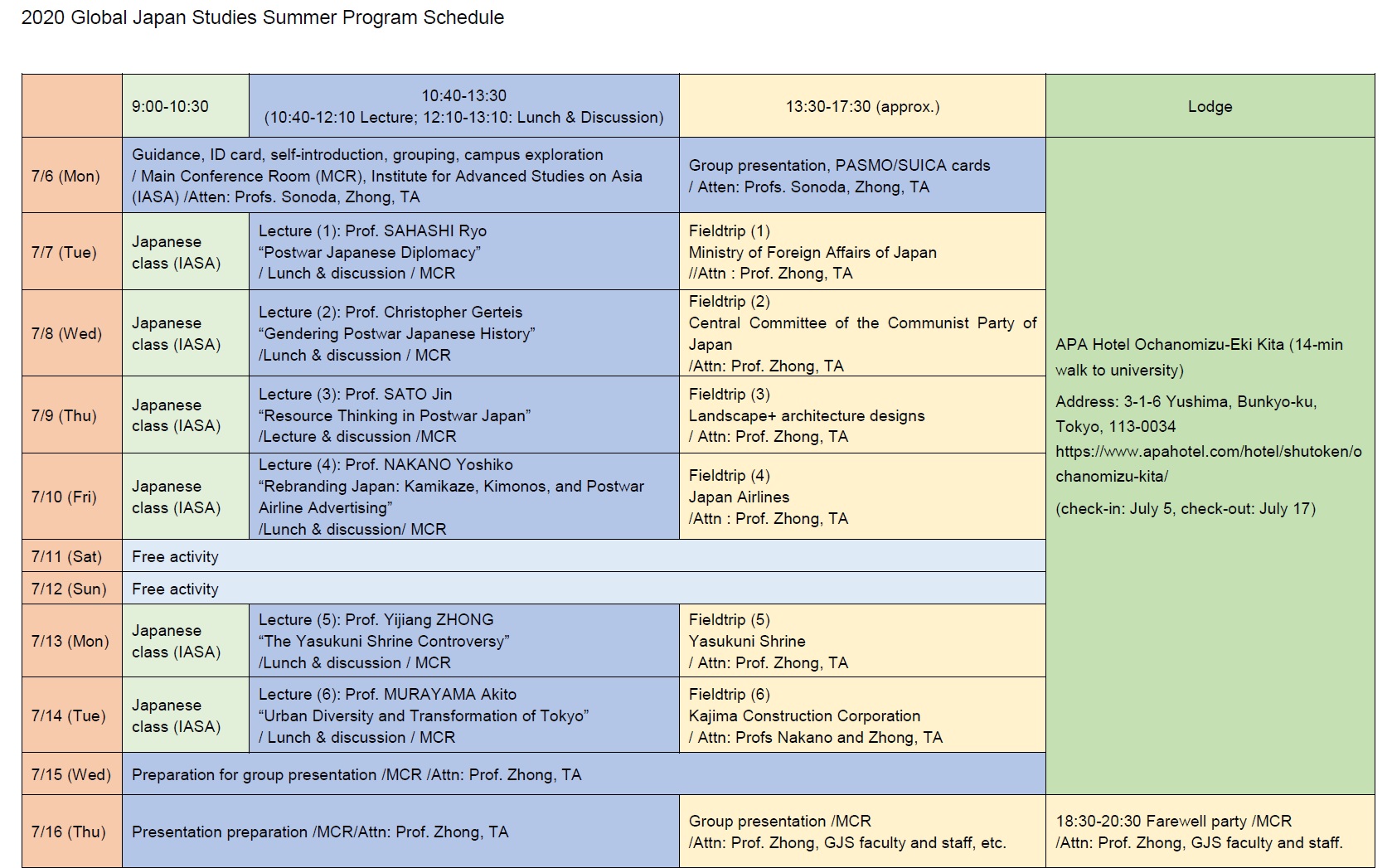
If you have any question, please first check out the Q&A of the summer program (ver. 2020). If the Q&A does not answer your question, feel free to contact us at gjs@ioc.u-tokyo.ac.jp.
Links
- The University of Tokyo
- Institute for Advanced Studies on Asia (IASA)
- Global Japan Studies website
- USTEP (University-wide Student Exchange Program of the University of Tokyo)
- UTokyo undergraduate program offered in English (PEAK)
- UTokyo graduate programs offered in English (ITAsia, IHS, School of Science, etc.)
- UTokyo School of Engineering
Program Host Institution: Institute for Advanced Studies on Asia
Program Organizer: Global Japan Studies (GJS) Research Network
Program Committee Advisers: Prof. SONODA Shigeto, Prof. NAKAJIMA Takahiro
Secretariat: Prof. ZHONG Yijiang
Contact:
Prof. ZHONG Yijiang (person in charge)
gjs[at]ioc.u-tokyo.ac.jp
Tel: (81)3-5841-5867
Fax: (81)3-5841-5898

